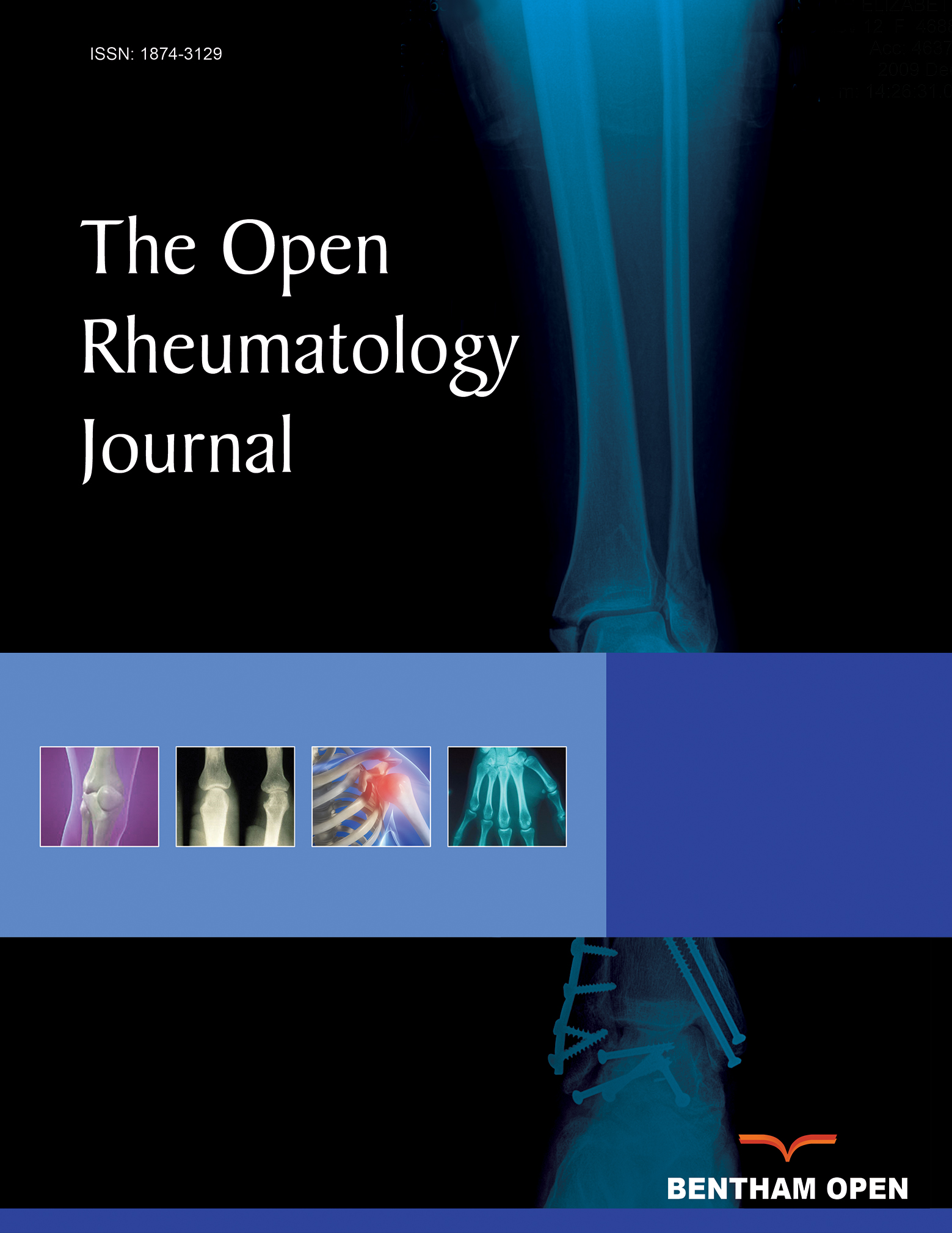All published articles of this journal are available on ScienceDirect.
Celecoxib and Diclofenac Plus Omeprazole are Similarly Effective in the Treatment of Arthritis in Patients at High GI Risk in the CONDOR Trial§
Abstract
Objective:
Compare effectiveness of celecoxib versus diclofenac plus omeprazole in improving arthritis signs and symptoms in patients at high gastrointestinal (GI) risk who were enrolled in the CONDOR (Celecoxib vs Omeprazole and Diclofenac in Patients With Osteoarthritis and Rheumatoid Arthritis) trial.
Methods:
CONDOR was a 6-month, prospective, double-blind, triple-dummy, parallel-group, randomized, multicenter trial comparing celecoxib 200 mg twice daily versus diclofenac slow release (SR) 75 mg twice daily plus omeprazole 20 mg daily. Patients were Helicobacter pylori negative, had osteoarthritis (OA) or rheumatoid arthritis (RA), were aged ≥60 years, were with or without a history of gastroduodenal ulceration, or were ≥18 years with previous gastroduodenal ulceration. Patients’ Global Assessment of Arthritis was determined at each study visit.
Results:
A total of 4484 patients were randomized to treatment (2238 celecoxib, 2246 diclofenac SR) and included in the intention-to-treat analyses. Least squares mean (LSM) (standard error [SE]) for Patients’ Global Assessment of Arthritis was 3.219 (0.017) and 3.221 (0.017) at baseline for celecoxib and diclofenac SR (p=0.90). Improvement in both groups was similar in months 2, 4, and 6; at month 1 the LSM (SE) was 2.647 (0.017) and 2.586 (0.017) for celecoxib and diclofenac (p=0.0025). LSM difference (SE) from baseline to final visit demonstrated an improvement of 0.75 (0.02) in celecoxib-treated patients and 0.77 (0.02) in diclofenac SR-treated patients (p=0.42).
Conclusions:
Celecoxib and diclofenac plus omeprazole were shown to have similar efficacy in patients with OA and/or RA at increased GI risk who were enrolled in the CONDOR trial.
Trial Registry:
Trial was registered under ClinicalTrials.gov identifier NCT00141102.


